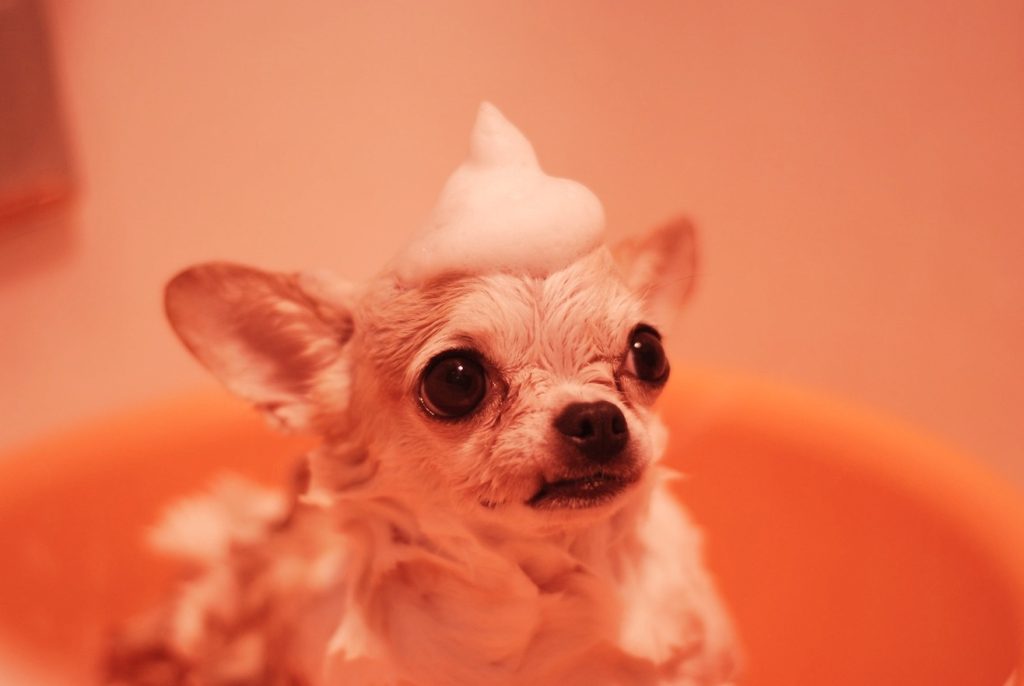Step into the bizarre world where pet names, domain disputes, and the Trump organization collide. In a surprising turn of events, Marq Quarius, a pet owner who registered the domain mar-a-lago.com in 1997, managed to thwart Donald Trump‘s attempt to claim it through a cybersquatting complaint. The twist? Quarius, armed with a unique and somewhat eccentric reason behind the registration, emerged victorious. Let’s unravel the details of this remarkable David-versus-Goliath domain drama.
The Tale of Mar-a-Lago.com:

Marq Quarius, the unsung hero of this domain saga, had a rather unconventional motive for registering mar-a-lago.com. In his narrative, “Mar” stood for his departed dog, “A” represented a duck named Alfred Hitchcock, and “Lago” was a nickname for a rescued cat named Lag. Quarius defended his domain ownership by emphasizing that the purpose was to create a memorial site for his beloved pets.
Trump’s attempt to secure the domain through the Uniform Domain Name Dispute Resolution (UDRP) policy hit a roadblock. One of the critical reasons was the absence of evidence supporting common law trademarks predating the domain registration. Panelist W. Scott Blackmer also underscored Quarius’s 25-year non-commercial use of the domain and his refusal to engage in typical cybersquatting behavior.
Quarius’s altruistic touch added an unexpected dimension to the story. Insisting on non-commercial use and proposing that any transfer proceeds be donated to charity, he turned the tables on the Trump organization’s cease-and-desist letters issued in 1998 and 2020. Quarius claimed an agreement to transfer the domain was contingent on the Trump organization donating registration costs to a pet charity, an alleged commitment that the organization has yet to honor.
The Significance of Mar-a-Lago and Trump:
Mar-a-Lago is a resort and private social club in Palm Beach, Florida. It has been a property owned by Donald Trump since 1985. Initially, Mar-a-Lago was built in the 1920s by cereal heiress Marjorie Merriweather Post and her then-husband Edward F. Hutton. Trump purchased the property and its estate for use as a residence but later turned it into a private club.
Mar-a-Lago has served as a significant part of Donald Trump’s business and social life. During his presidency, Trump often referred to Mar-a-Lago as the “Winter White House” because he frequently spent time there during the winter months. The property includes a large mansion, extensive grounds, and various amenities, making it an attractive location for events and gatherings.

The club has been the site of numerous high-profile events and gatherings hosted by Trump, both before and during his presidency. It has also been a subject of public attention and scrutiny. Notably, members of Mar-a-Lago have included influential individuals from various fields.
It’s important to note that Mar-a-Lago has both private residence and club components, and Trump’s connection with it extends beyond being a private residence to include its role as a private club and venue for social and official functions.
The failed attempt to claim mar-a-lago.com sheds light on the complexities of domain disputes and the pivotal role of evidence in such cases. This isn’t just a legal tussle; it’s a peek into the convergence of personal narratives, business interests, and unexpected turns in the world of domain names.
Conclusion
In a surprising underdog victory, a pet owner named Marq Quarius has outsmarted the Trump organization in the battle for mar-a-lago.com. The tale involves more than just legal intricacies—it’s a story of personal tributes, philanthropy, and a furry triumph over one of the most powerful figures in the world. As this peculiar saga unfolds, it showcases the unpredictable and human side of domain name disputes, proving that sometimes, even in the digital realm, the underdog can emerge victorious.


Join the Discussion